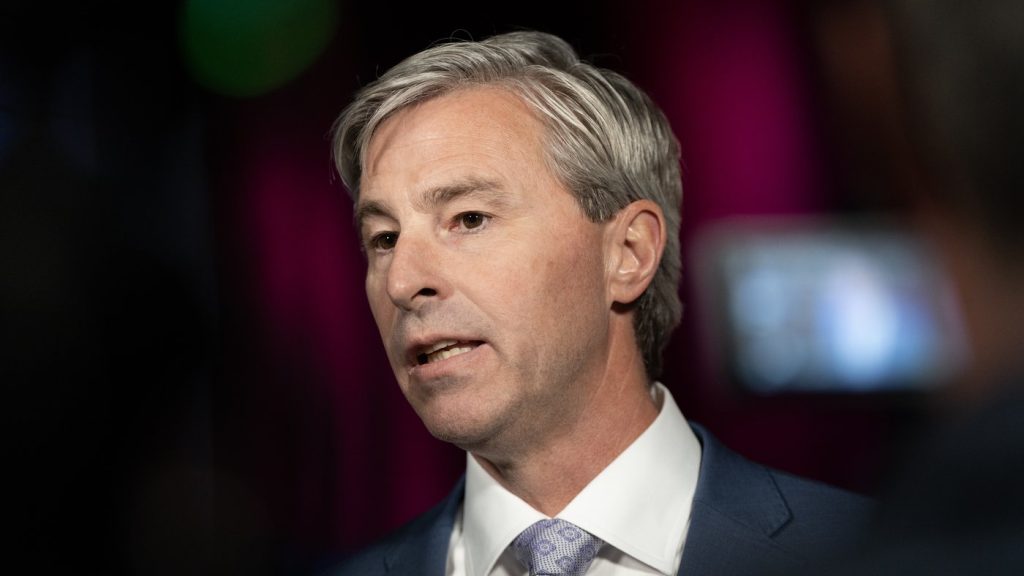Nova Scotia Premier Tim Houston has expressed strong disapproval of a recent directive that bans workers in certain court facilities from wearing poppies while on duty. This order, which was issued by judges in the province, claims that the poppy is a political statement, an assertion Houston vehemently opposes.
In a statement released on his X account, Premier Houston described the prohibition as "disgusting." He emphasized that the poppy is not a symbol of political rhetoric but rather a profound emblem of remembrance and honor dedicated to those who have fallen and those who serve or have served in the Canadian Armed Forces. He pointed out that the tradition of wearing poppies in Canada has been in place since 1921, marking its significant role in the nation’s culture of remembrance.
Houston criticized the judges responsible for the directive, arguing that it contradicts the values and freedoms that veterans fought to protect. He stated, "It is not lost on me that our veterans fought so we can enjoy the freedoms the courts uphold." This comment reflects the Premier’s belief that banning a symbol meant to respect the sacrifices of veterans is not only misguided but also disrespectful to those who have served the country and their families.
In light of the outcry generated by this directive, Premier Houston indicated that he is prepared to take legislative action if necessary. He mentioned his willingness to introduce the Nova Scotia Remembrance Observance Act, which would legally guarantee the right for individuals to wear poppies in the workplace specifically from November 1 to November 11 each year. This period encompasses Remembrance Day, a time when Canadians collectively honor the sacrifices made by military personnel throughout the nation’s history.
The controversy surrounding the poppy ban raises broader questions about the intersection of tradition, respect, and the legal parameters governing workplace attire. Houston's stance has resonated with many who view the poppy as a crucial symbol of national identity and collective memory. The response may reflect an ongoing tension between individual expression and institutional policies within public-facing roles, especially in settings that are integral to the justice system.










